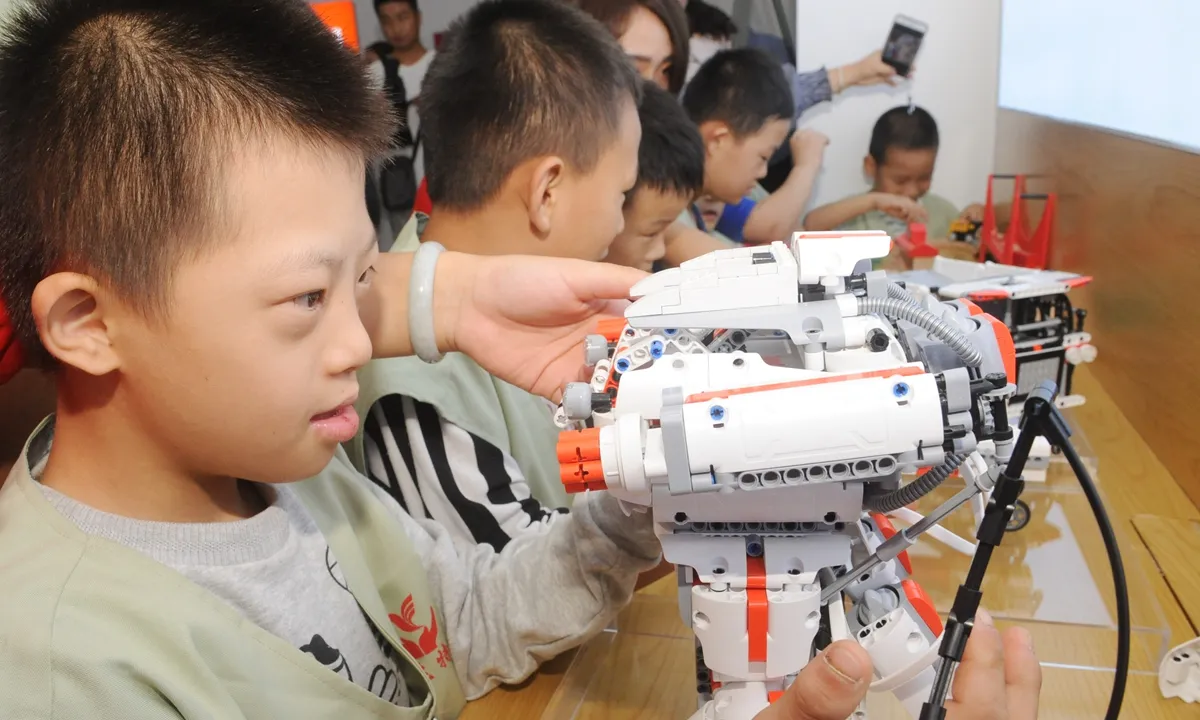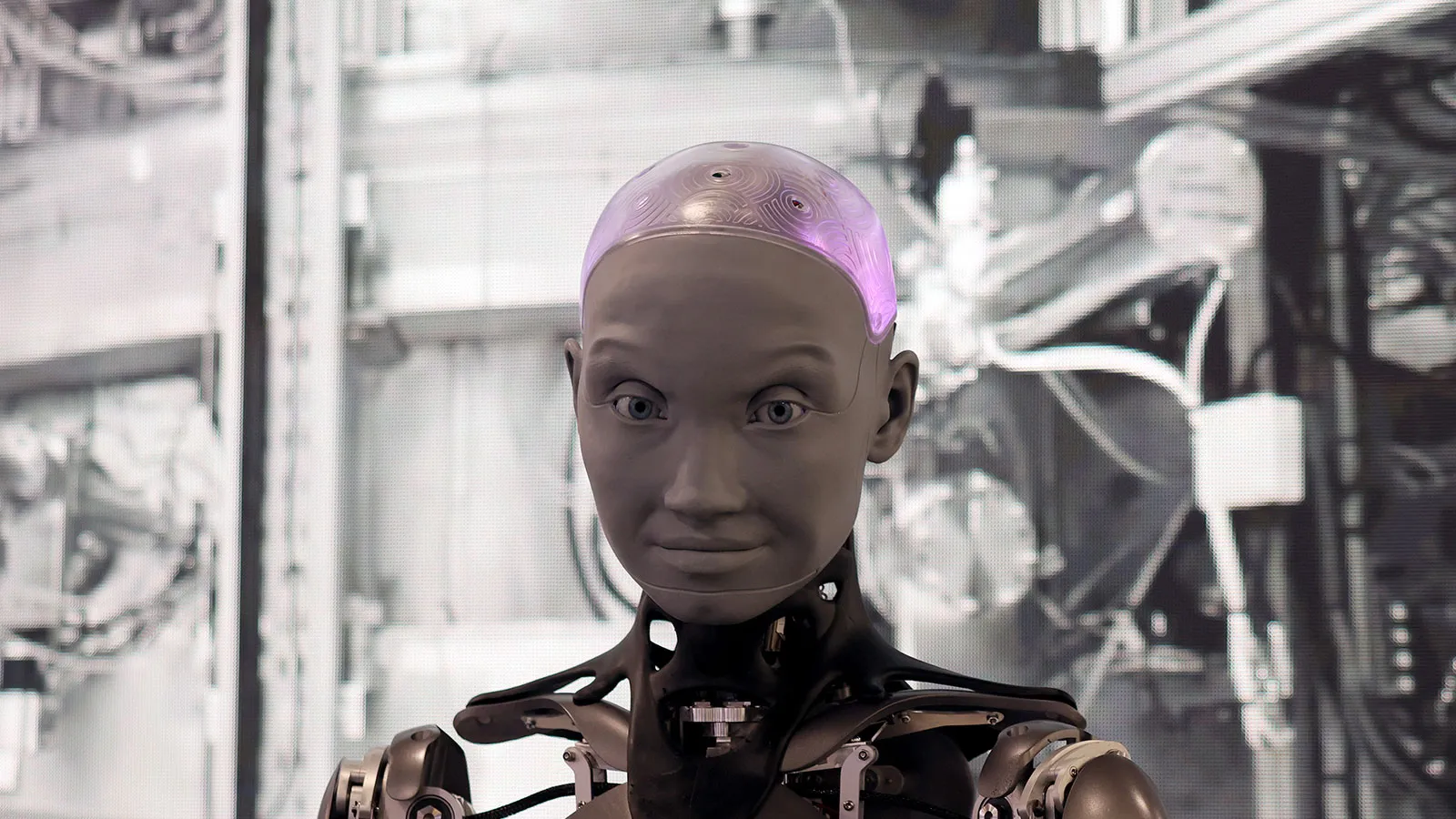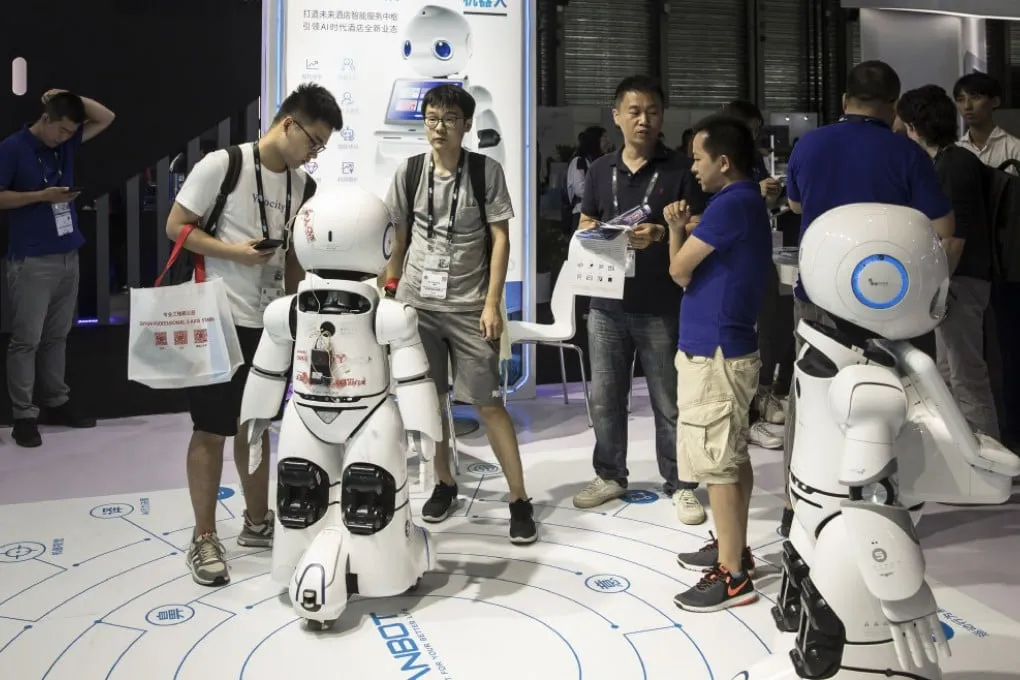In a quaint Beijing apartment, the sight of eight-year-old Timmy strategizing against a chess-playing robot reflects a transformative shift in Chinese society. This isn’t a scene set in a tech expo or a scientific lab; it’s a snapshot of daily life where AI becomes a household norm. “It’s like a little teacher or a little friend,” Timmy remarks, revealing the personal bond he has started to form with his robotic companion. This intimate interaction highlights how AI is being woven into the very fabric of personal life in China.

China’s Strategic Tech Ambitions
China’s journey towards becoming a tech superpower by 2030 is marked by significant governmental backing and substantial financial investments. With an infusion of 10 trillion Chinese yuan earmarked for the next decade and a half, the nation is not just fueling innovation but is actively fostering an environment ripe for technological breakthroughs. DeepSeek, a chatbot that captured global attention earlier this year, is a testament to China’s burgeoning capabilities and its ability to challenge Silicon Valley’s dominance.
Educational Reforms and AI Integration
The integration of AI into educational frameworks is a strategic move by Beijing. Starting from primary levels, students are introduced to AI technologies, with an increasing number of universities expanding their AI-related academic offerings. This educational push is not merely about creating a tech-savvy workforce but is aimed at normalizing AI interaction from a young age.

A Marketplace of Innovations
At a recent AI fair in Shanghai, the spectacle of robots playing football in jerseys of red and blue was more than a display of technological entertainment; it was a bold statement of China’s progress in AI development. Companies like SenseRobot are not only pushing the boundaries of what AI can achieve but are also successfully marketing these innovations globally, challenging preconceived notions about the origin and capabilities of Chinese tech products.
Overcoming Global Hesitations
Despite the accolades, China’s AI expansion is not without its challenges. Concerns over data privacy and the potential for governmental oversight loom large, with international apprehensions affecting the adoption of Chinese AI applications like DeepSeek abroad. However, firms like ByteDance are quick to address these issues, emphasizing strict adherence to privacy guidelines to assuage global fears.

The Path Forward
The narrative of China’s AI journey is intertwined with themes of innovation, integration, and a bit of international intrigue. As the nation continues to deploy AI in various sectors—from educational toys that teach coding to children, to humanoid robots designed to support an ageing population—the world watches closely. China’s pursuit of technological self-reliance is not just about economic growth but is a strategic maneuver in a long-term geopolitical tech race.










